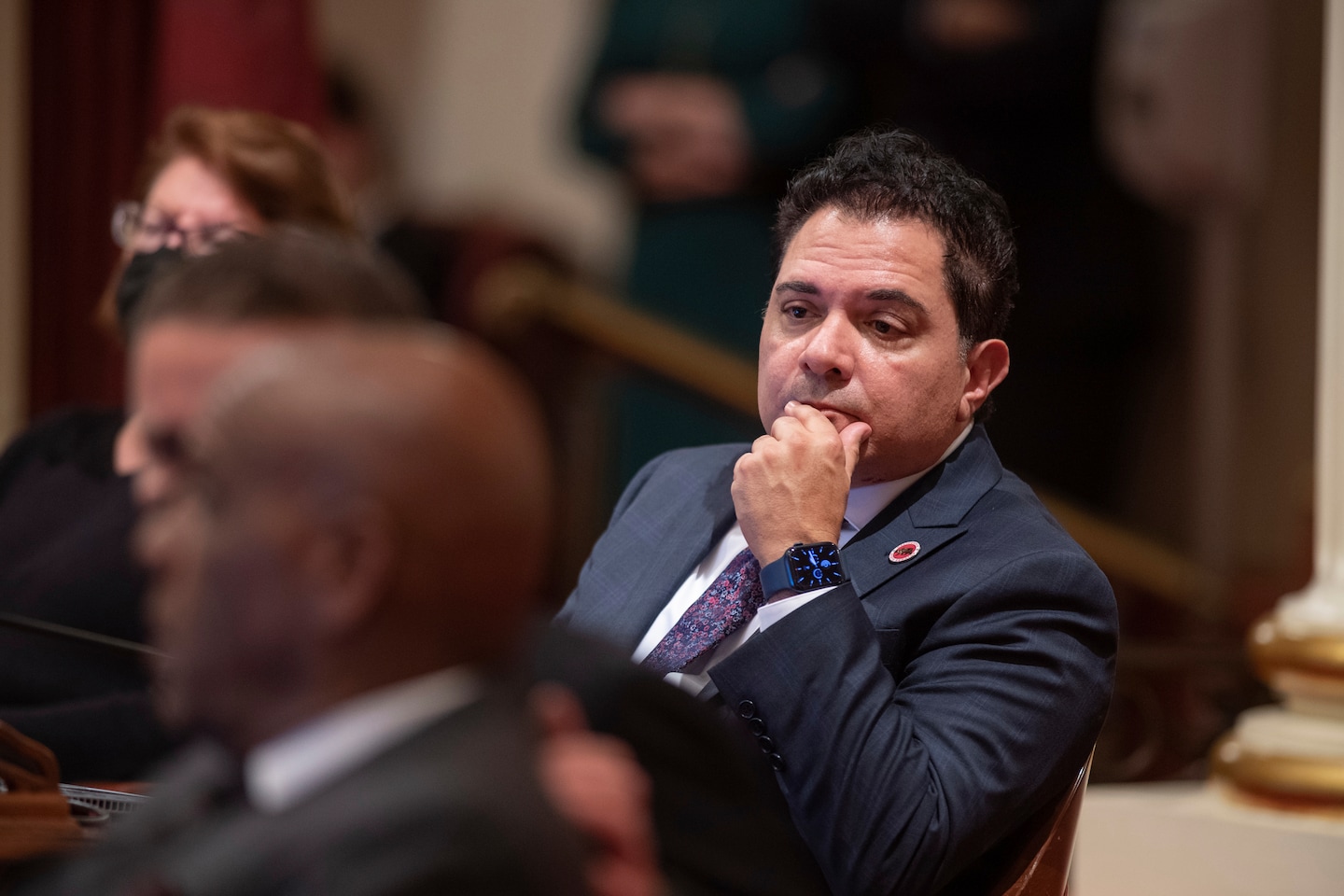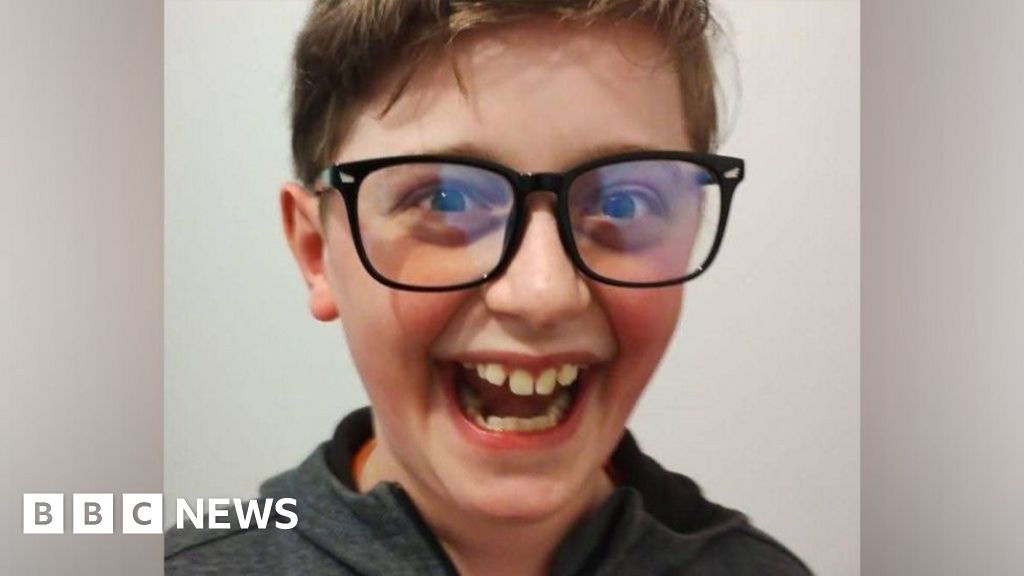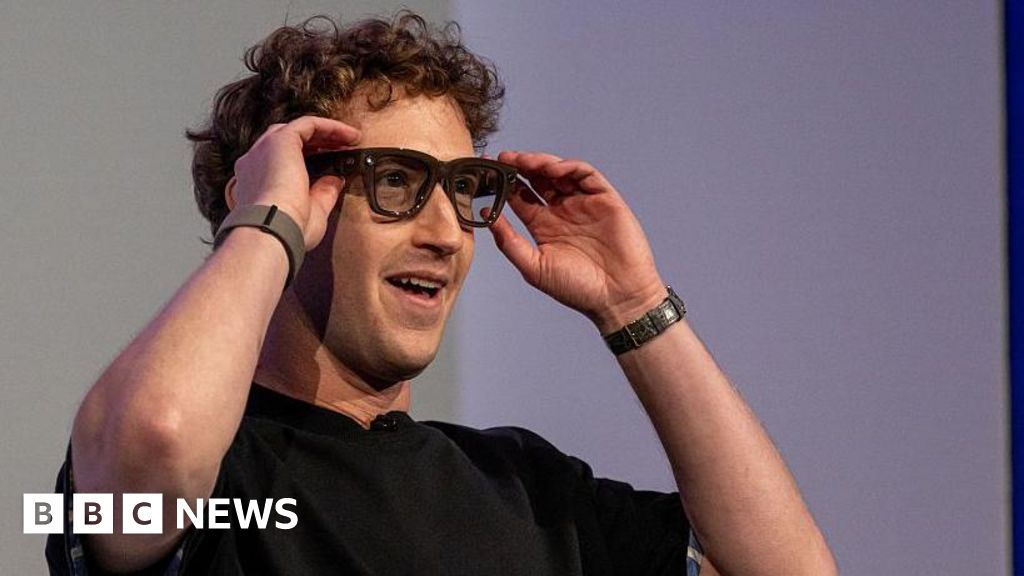
Calif. Sen. Steve Padilla pushes bill protecting child creator earnings
- Science
- December 23, 2023
- No Comment
- 141
Padilla said the growth of the creator economy and shifts in media consumption, along with his own background in law enforcement focused on protecting minors, led him to introduce the bill.
“Even five years ago, 10 years ago, we were consuming information and media in a very different way,” he told The Washington Post. “Now, it’s much more driven by average folks looking at YouTube, and that has allowed influencing to reach new heights very quickly in a way that allows just anybody to have tremendous exposure that was not available to them before.”
The bill takes inspiration from California’s Coogan Act, established in 1939, which was in response to the situation of Jackie Coogan, who earned millions of dollars as a child actor but whose parents spent all the money he earned rather than putting it aside for him. The Coogan Act became a model for legislation protecting young actors from similar financial exploitation that passed in New York, Illinois, Kansas, Louisiana, Nevada, New Mexico, North Carolina, Pennsylvania and Tennessee.
Padilla said he views the Child Content Creator Rights Act as the Coogan Act’s spiritual successor. “Obviously, those protections don’t extend [to the online landscape],” Padilla said, “and so that’s what Senate Bill 764 will hopefully do.”
As child influencers become more popular and common, state legislators have shown mixed interest in appetite for regulation in this area.
In September, Illinois passed the first state bill aimed at protecting the earnings of internet child stars. Similar legislation has been introduced in Washington state and may soon be introduced in Maryland. “I just see it as a necessary good to make sure that we are protecting our children and making sure they are compensated for their work, the same way child actors [are] compensated,” Maryland state delegate Jazz Lewis told Teen Vogue.
Young people working in the content creator industry are radically different from child actors. Rather than working long hours on set for a production company or movie studio, a growing number of children create, and often monetize, content themselves in the hopes of building a media empire like MrBeast, one of YouTube’s biggest stars.
Indeed, becoming a full-time content creator is one of the most popular career goals among schoolchildren, surveys suggest. Nearly 30 percent of kids ages 8 to 12 listed “YouTuber” as their top career choice in a global survey conducted in 2019 by the Harris Poll and toymaker Lego, and a Morning Consult survey of Gen Z and millennials in the United States found that more than half of 13-to-38-year-olds — 54 percent — wanted to become social media influencers.
Summer camps and educational programs have cropped up across the country to meet the demand of kids as young as 6 years old seeking to enter the industry. Many child content creators also do brand deals with other teen-run clothing brands or drop shipping companies, essentially operating in a fully child-run economy.
Padilla acknowledged that there are nuances his proposal doesn’t address, such as whether an account run by a minor would be required to set money aside, and that the courts may be required to decide what any law would require. He stressed that his legislation is primarily about protecting children from financial exploitation by their parents or managers.
“We want to encourage young entrepreneurs for sure,” he said, “but we don’t want to enable exploitation. And I think there probably is a conversation to be had about at some point and at what scale, and in what means and methods and are they driving that themselves.”
He stressed that he is not opposed to young people working, as long as they’re “lawfully engaging in commerce.” “There are certain frameworks and laws all over the country that govern how and when minors are able to earn wages and enter into some commercial contracting,” he said.
Padilla added that he hopes that this bill will also inspire more guardrails and labor protections in the content creator industry as a whole.
In September, Sen. Richard Blumenthal (D-Conn.) said that more legislators should scrutinize children’s role in the unregulated creator economy. “Child labor in the online influencer industry seems fraught with problems,” he said in a statement to The Post. “Involving kids in influencing raises serious risks of exploitation — potential sacrifice of privacy, excessive hours, and lack of fair compensation. They may be providing online content without adequate, or any, protection and oversight.”
Goldman Sachs estimated that the creator economy was worth over $250 billion this year and could reach $480 billion by 2027. Many content creators are under the age of 18.
To regulate the industry, however, officials must first track it. Currently, the U.S. Census Bureau tallies employment in a long list of 22,607 American industries, including such niche jobs as pickled onion manufacturing to canoe repair, but does not track job titles in “social media” or “influencing.” Meanwhile, the number of content creators continues to skyrocket. Earlier this year, YouTube estimated that roughly 390,000 people work full time as YouTubers. Tens of thousands more post content on platforms such as Instagram, TikTok and Twitch.
Activists like Sarah Adams, who speaks frequently about child labor concerns in the content creator industry on TikTok, said that Padilla’s bill is a “great first step” to regulating the industry as a whole. She talks frequently about the dangers of “sharenting” — parents sharing their children’s images on social media — and encourages parents to exclude their children from social media posts or to obscure their identity.
“The momentum this movement has gained over the past year has been inspiring to watch,” she said. “ … I have high hopes for the Child Content Creator Rights Act.”
#Calif #Sen #Steve #Padilla #pushes #bill #protecting #child #creator #earnings









